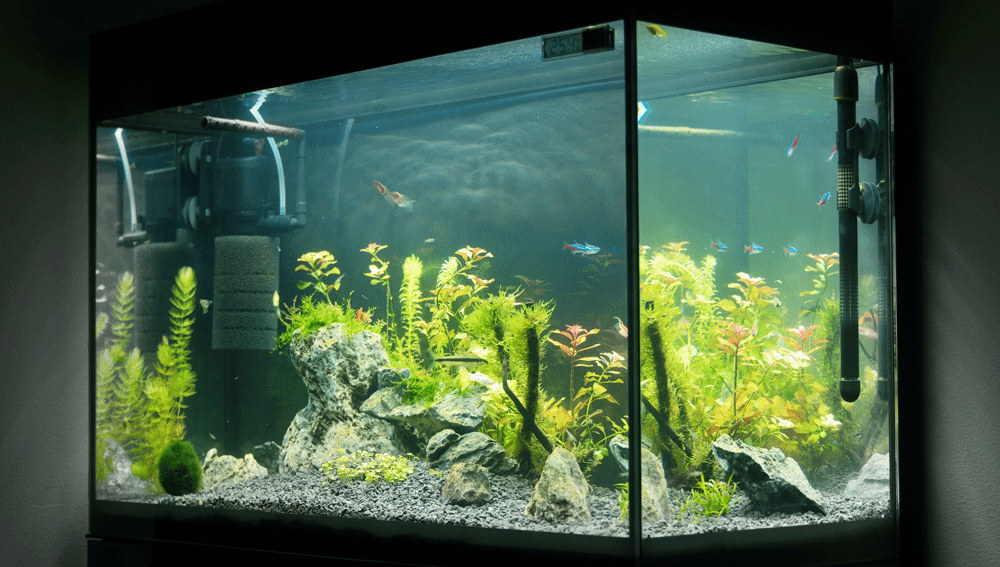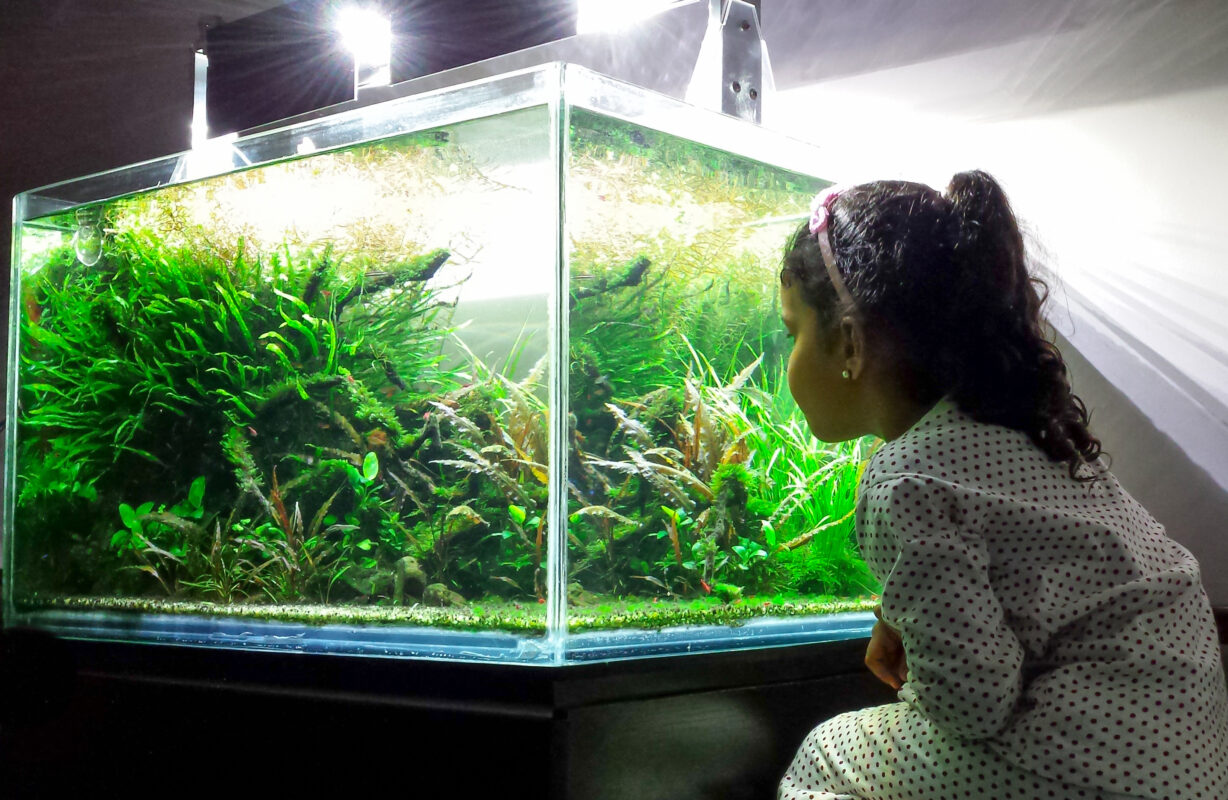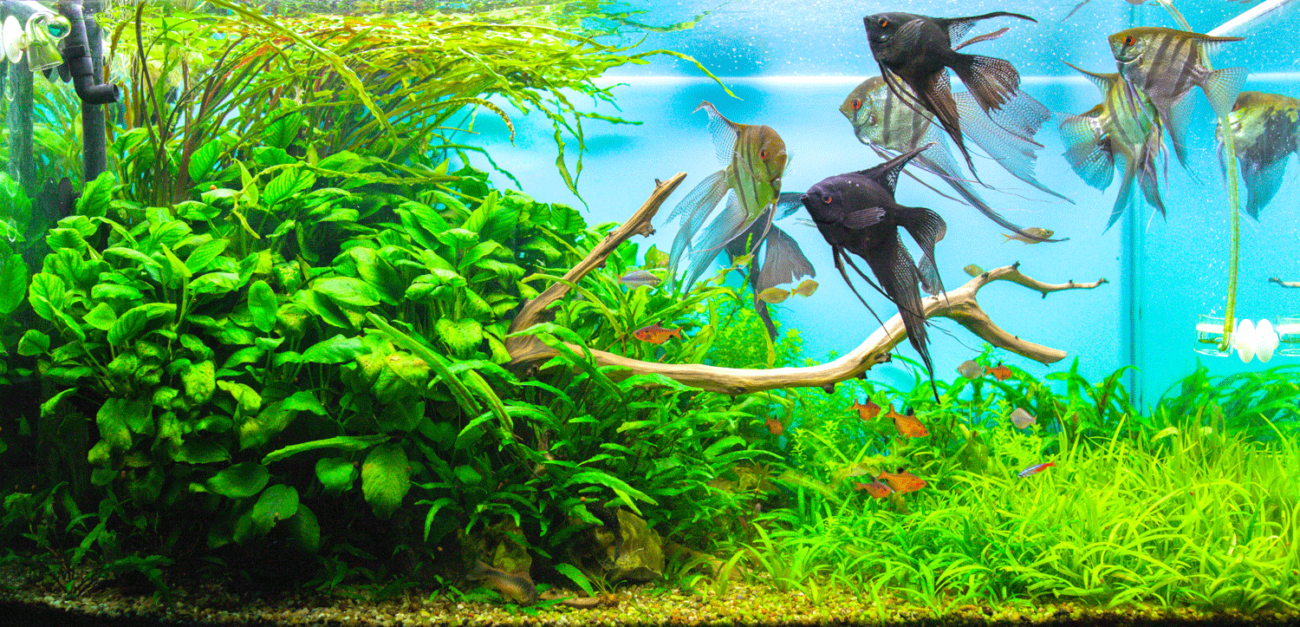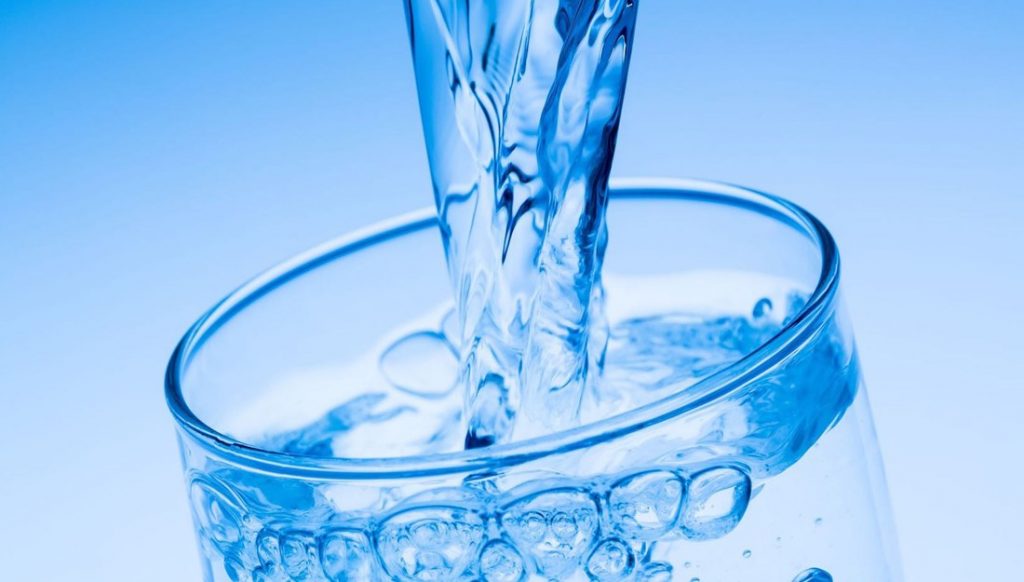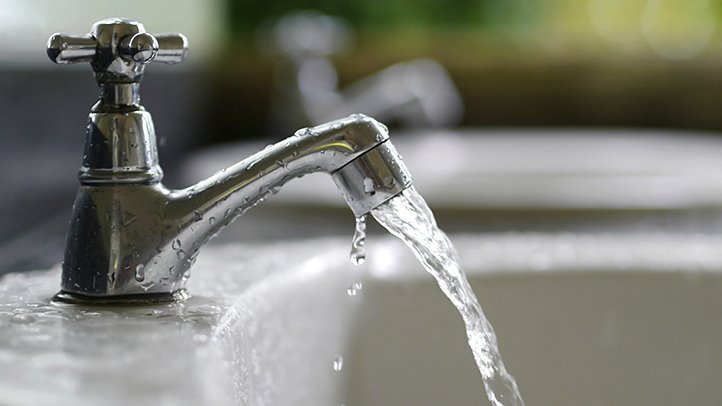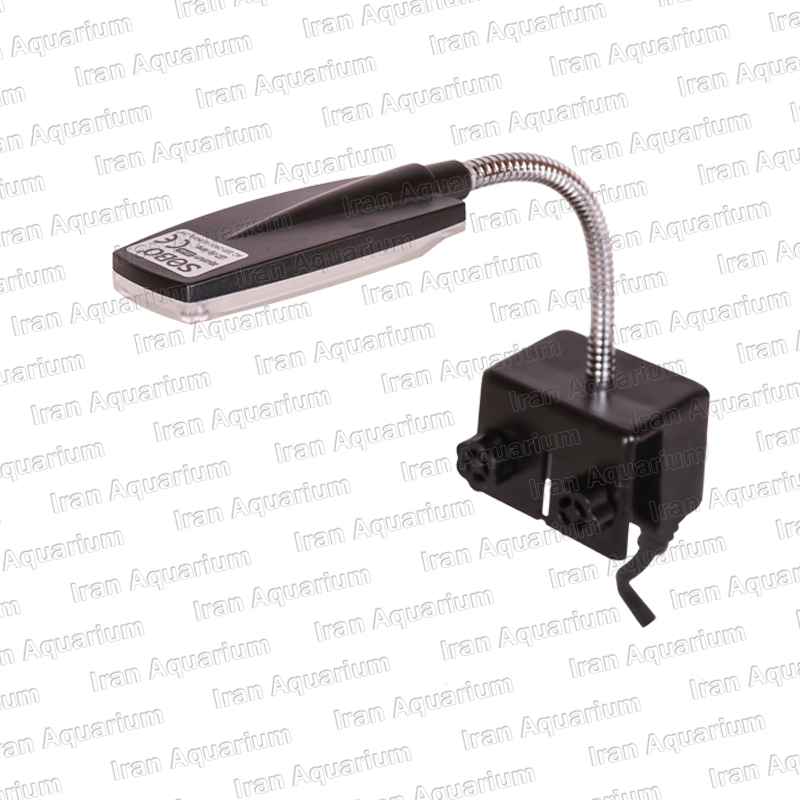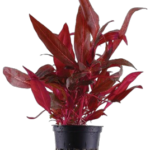Maintaining a clean and healthy environment for your freshwater aquarium inhabitants is essential for their well-being and longevity. A proper filtration system is crucial in achieving this goal, as it helps to remove waste, debris, and harmful substances from the water. There are three main types of filtration systems used in freshwater aquariums: mechanical, biological, and chemical filtration. Mechanical filtration involves trapping solid particles and debris using filter media such as sponges, filter floss, or pads. This type of filtration helps to keep the water clear and free of visible impurities. Biological filtration is perhaps the most important aspect of a freshwater aquarium filtration system. Beneficial bacteria colonize the filter media and surfaces within the tank, breaking down toxic ammonia and nitrite produced by fish waste and decaying organic matter. These bacteria convert these harmful substances into less toxic nitrate, which can be removed through regular water changes. Chemical filtration utilizes specialized filter media like activated carbon or zeolite to adsorb impurities, odors, and discoloration from the water. While not always necessary, chemical filtration can be beneficial in certain situations, such as removing medications or tannins from driftwood. When selecting a filtration system for your freshwater aquarium, consider factors such as the size of the tank, the number and species of fish, and the presence of live plants. Choose a filter that is appropriately sized for your tank volume and has a sufficient flow rate to provide adequate filtration. Regular maintenance of your filtration system is crucial for its effectiveness. This includes cleaning or replacing filter media, monitoring water parameters such as ammonia, nitrite, and nitrate levels, and conducting regular water changes to maintain water quality. A well-maintained filtration system not only ensures the health and vitality of your aquarium inhabitants but also contributes to the overall beauty and enjoyment of your aquatic display. By investing in a quality filtration system and following proper maintenance practices, you can create a thriving aquatic ecosystem that will bring joy and relaxation to your home for years to come.

